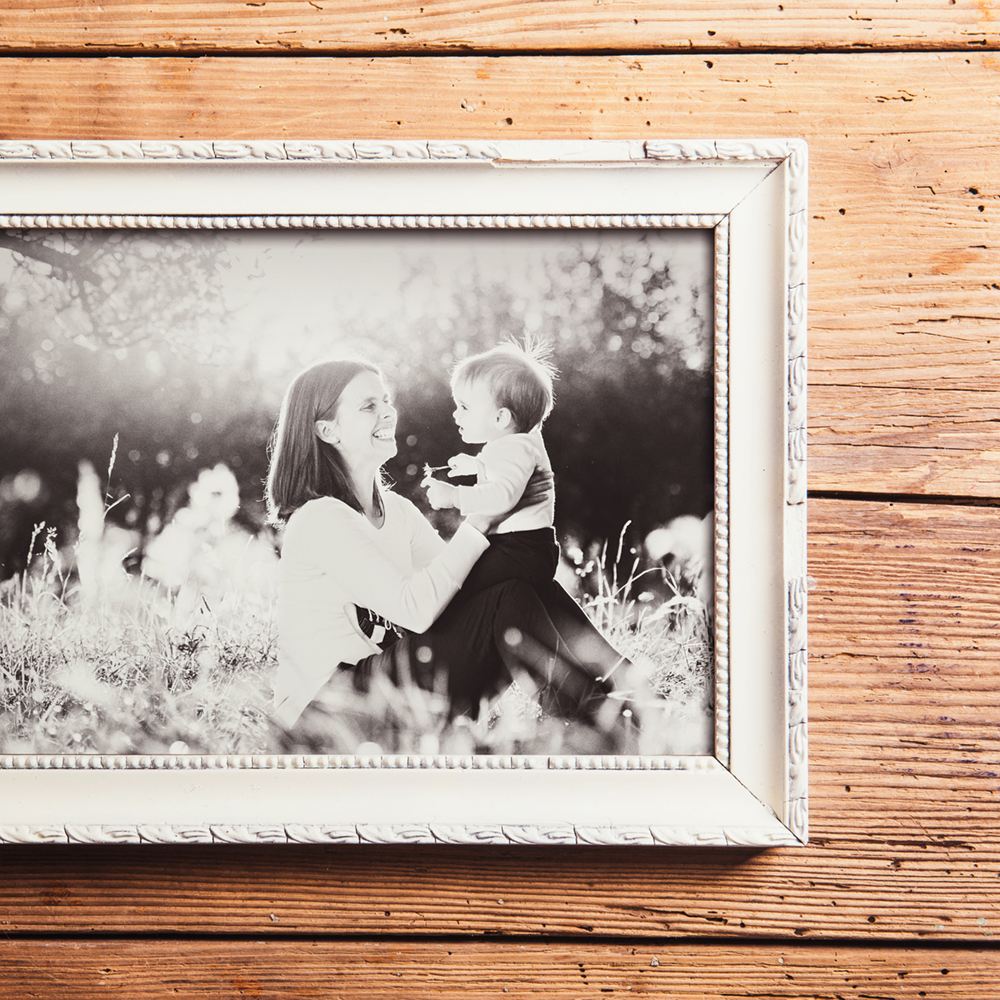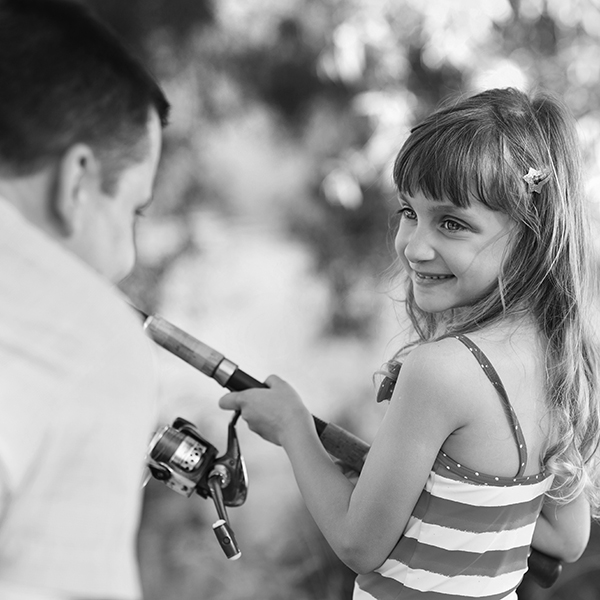
“Suicide comes with its own unique kind of bargaining… It is not so much present day bargaining, but retroactive analysis. The “What could I have done better” and “Did I do something wrong?” often comes with this stage. It becomes less about bargaining, but more of trying to piece a puzzle together. However, the puzzle you’re trying to solve is missing pieces. There is, and never will be, a complete picture.”
The stages of grief have fascinated me long before I had a chance to experience any of them. Do a quick Google search of the word itself and you’ll see the stages: denial; anger; bargaining; depression; acceptance.
When I lost my only brother to suicide, one of the first things I felt I needed to do was converse with my therapist. What I’ve taken from that surreal session with Betsy (my counselor at the time) was her saying that the stages are not linear. They come and go, ebb and flow, and you can experience many even in the same day. “They aren’t all neat little packages tied in a bow, Tori. Just allow yourself to feel.” So 15-year-old Tori felt.
DENIAL: “This really ruins my Memorial Day weekend plans,” is the first thought that came into my head when my parents broke the news to me about my brother’s suicide at school. The reactionary thought left me gutted. It left me ashamed. I lose my brother and the first thing I think about is myself. Looking back on it, I think it was an immediate coping mechanism. I never really had a: this can’t be happening moment. For me, denial was never really a prominent emotion – I felt more like: Why me?. There was an initial moment of disbelief, but for the most part, life went on. It felt like my big brother was still away at college for day-to-day experiences. The days he was supposed to be home, like holidays, birthdays, and family vacations were undeniable days. Those were days that my loss felt real, that he was never coming home. Those are the days you can not deny.
ANGER: I experience anger in a milder form, but it is anger nonetheless. Most of the time, I am angry at my brother. Angry at him for making my parents feel the way they do. Angry at him for making his grandparents and aunt grieve an unnecessary death. Angry at him for not being able to “just stick it out.” Angry at him for leaving me by myself as an only child. Most of the time, this anger comes in hot, rageful waves but melts quickly into understanding, into love. I have no problem saying I am angry with my brother. He knew, and knows, how much he was and continues to be loved.
I am more often angry at the world we live in. Angry for no one being able to understand my pain, yet wishing it on no one at the same time. Angry at life for being so hard on him, but realizing other people can find ways to cope. Angry because sometimes emotions are just so strong, but recognizing you don’t always have to act on them.
If anything, my anger has taught me lessons. Lessons to be kind. Lessons to be understanding. Lessons to be patient. Sometimes I wish there was anything else that could have brought me to the same understanding, but that is a whole other topic to be angry about.

BARGAINING: Suicide comes with its own unique kind of bargaining. This stage is evil for survivors left behind. It is not so much present-day bargaining, but retroactive analysis. The “What could I have done better” and “Did I do something wrong?” often come with this stage. It becomes less about bargaining, but more of trying to piece a puzzle together. However, the puzzle you’re trying to solve is missing pieces. There is, and never will be a complete picture. Sometimes a new fact is learned and that adds a piece, but no matter how hard you look, how many times you replay an entire life over, you will never finish the puzzle. And that is the hardest part of the bargaining stage. Not the wondering, not the analyzing, because that all takes time. The hardest part is realizing you won’t ever complete the puzzle, that you won’t ever know the reason. And living without constant analysis is part of what helps this stage hopefully, although not ever certainly, come to a close.
DEPRESSION: The depression stage can really eat away at you if you allow it to. It can dominate your days, your life. As someone who has struggled with separate mental health problems, there is nothing like grieving depression. It makes you question things, question life. It’s easy to spiral down a hole that is hard to dig yourself out of. The emotions can be overwhelming at times, and the worst part for me is when your body reacts and grieves it isn’t “supposed to”. Like panicking in the middle of a high school math test, or crying during your sophomore year club volleyball practice. It’s embarrassing – worse than breaking down by yourself, because people are trying to help you, but they can’t. And you know that people can’t help you feel better and you have to explain to them and try and comfort them that you feel fine when you really don’t. Sometimes grieving with a friend is cathartic. However, a lot of the time grieving with others isolating, especially with suicide grief, and compounds the feelings of depression. There’s only a select handful of people who can relate to suicide grief, and as much as you wish people you love could truly empathize with you, you would never wish the feelings on your worst enemy. Most of the grief is bared alone.
ACCEPTANCE: Seen as one of the “brighter” stages of grief, I can tell you that this stage oscillates between moving forward and getting pulled right back. Some days I am more positively accepting than other days. Other days I really just like to not think about it. I like to pretend that my big brother is still “off at college” and I’m just waiting for him to come home (overlap of the denial stage… see what I’m saying). Most days, I am very matter-of-fact about the ordeal. I have no trouble talking about the event, and no problem talking about the person Joey was. On most days, talking about him feels almost like a way to honor his memory and keep him alive.
“Grief is tricky to navigate, but as someone who has been grieving for 4 years, the only advice I can give to those suffering is to allow yourself to feel. Embrace both the ups and the downs, the denial, and the anger.”
Although the days of negative acceptance seem to become fewer, every time a moment of relapse happens, it takes me by surprise. It makes me emotional. It gets me thinking. It takes me by storm for a while.
I was at a bar this past semester, and there was a night where Pink Floyd’s “Wish You Were Here” started playing seemingly out of nowhere. It felt like my heart skipped a beat when the opening notes played. Not only was Pink Floyd one of Joey’s favorite bands that he frequently would pluck out on his bass guitar, it was a song my family spent copious amounts of time listening to for the first year after his death. I had to excuse myself to the bathroom and take a few minutes to sort my tears, and emotions out. Because every time a song he liked comes on, I see someone that looks a little bit like him, someone wearing Polo Red comes a little too close, or his name is spoken, the acceptance goes away for a little. And I think my brother is around the corner. And I then have to accept the fact that he is not.
Grief is tricky to navigate, but as someone who has been grieving for 4 years, the only advice I can give to those suffering is to allow yourself to feel. Embrace both the ups and the downs, the denial, and the anger. Validating your feelings can be comforting, giving yourself permission to emote is empowering. A bittersweet realization is grief management mastery – being glad you can control your emotions, but being sad that your loved one has been gone long enough to feel grief for this long. My parting words for this post are to be kind to others but remember to be kind to yourself. With an open mind and patience, grief is able to become a part of your life, and not overtake it. Grief management is a delicate balancing act, but it is also an act that can cohabitate with good emotions in time.
Victoria Lepold
Lost brother to suicide, 2017 and a JTG Contributor





